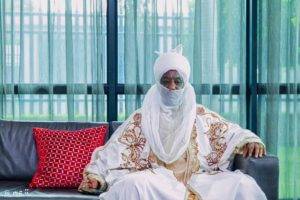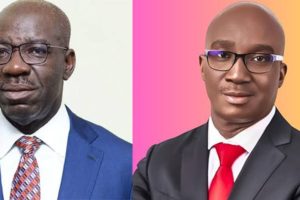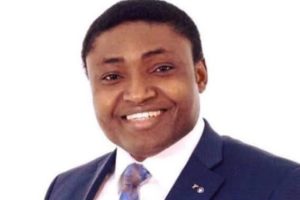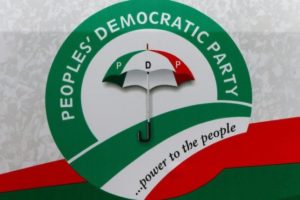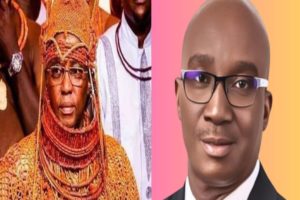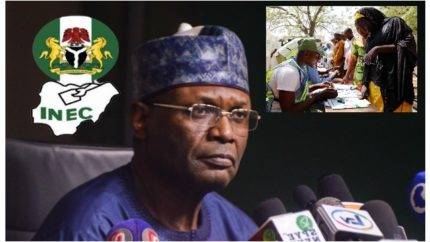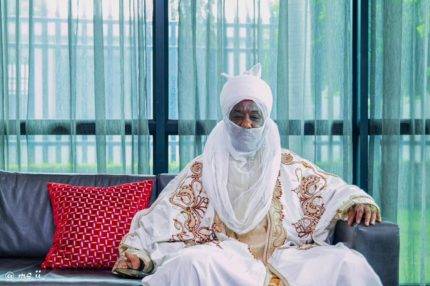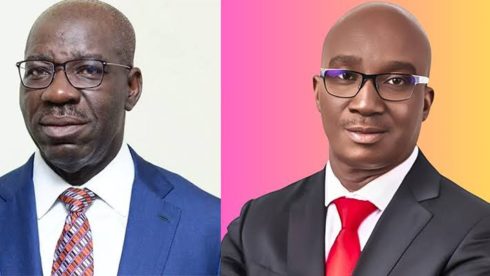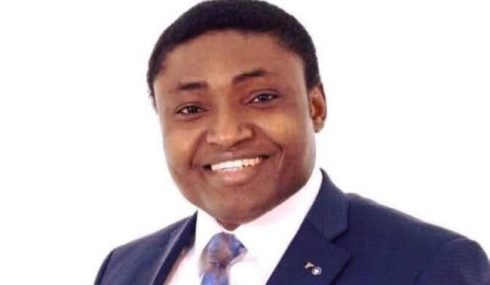The Independent National Electoral Commission (INEC) has announced plans to potentially conduct bye elections and rerun elections across Nigeria in early February 2024. This move aims to address the existing vacancies within both the state and National Assemblies. However, stringent guidelines have been set forth by INEC, allowing only candidates and parties that participated in the previous general elections to partake in the rerun elections. Simultaneously, parties are granted the authority to conduct internal primaries to nominate candidates for the bye elections, as disclosed by Prof. Mahmood Yakubu, the chairman of the commission, during a meeting with political party leaders to prepare for these elections.
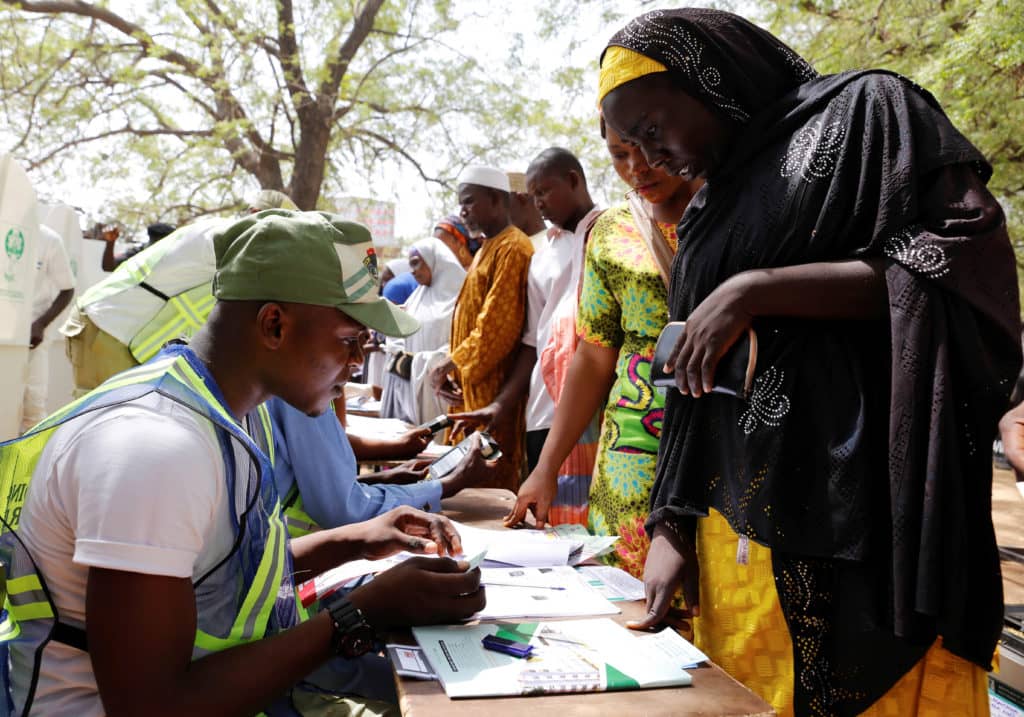
INEC’s Proactive Strategy: Simultaneous Elections, Court Mandates, and Broader Legal Landscape
Prof. Yakubu highlighted the decision to hold both elections on the same day, emphasizing INEC‘s commitment to efficiency and expediency in the electoral process. This proactive approach comes in response to court mandates compelling the commission to organize rerun elections in 34 federal and state constituencies, comprising one Senate seat, 11 Federal Constituencies, and 22 state constituencies, subsequent to legal disputes arising from the 2023 general elections. Moreover, the commission aims to address vacancies due to resignations or the demise of incumbent members through bye elections.
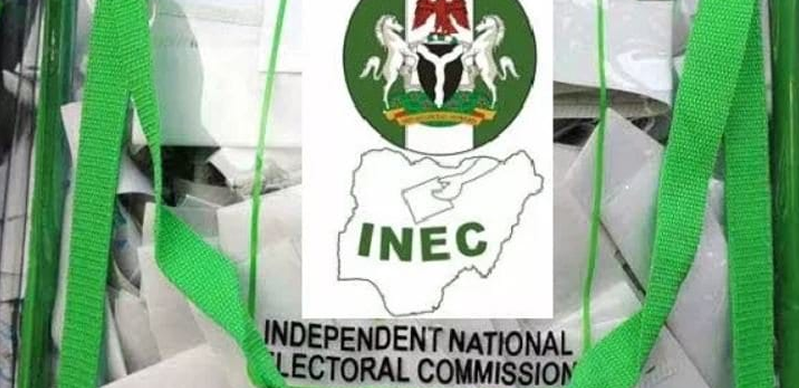
The chairman reiterated the imminent release of an authentic election date and a comprehensive timetable following discussions with party leaders. Despite the significance of these elections, Prof. Yakubu highlighted that the 34 seats slated for rerun elections represent only 2.8 percent of the total litigations arising from the 2023 general elections, underscoring the broader landscape of legal contentions in the aftermath of the polls.
Criteria for Participation and Simultaneous Elections
INEC’s decision to limit participation in the rerun elections exclusively to candidates and parties involved in the preceding general elections aims to streamline the electoral process. This selective approach serves as a mechanism to uphold the integrity of the electoral system while allowing parties the flexibility to nominate candidates for the bye elections through internal primaries. The commission’s emphasis on conducting both the rerun and bye elections concurrently signifies a commitment to efficiency and resource optimization.
Prof. Yakubu’s announcement regarding the 34 constituencies slated for rerun elections sheds light on the relatively small percentage they represent in the context of the overall litigations arising from the 2023 general elections. This statistic highlights the broader scope of legal disputes challenging the outcomes of the polls and emphasizes the meticulous approach required to address these issues while ensuring a fair and transparent electoral process.
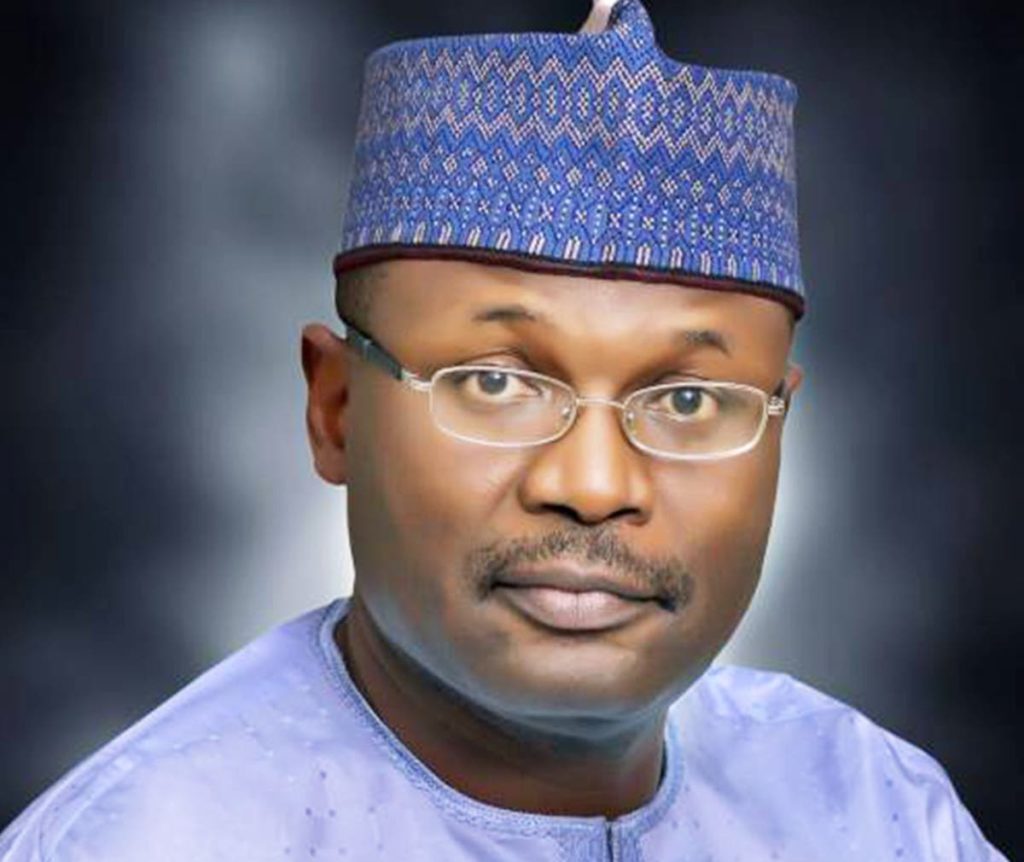
Future Plans and Timetable Disclosure
As INEC prepares for the upcoming elections, the chairman assured the public and stakeholders of the commission’s commitment to releasing an authentic election date and a comprehensive timetable. This disclosure is poised to occur subsequent to deliberations and engagements with leaders of political parties. The forthcoming timetable is anticipated to outline the sequence of activities leading up to the elections, providing clarity and structure to the electoral process.
Prof. Yakubu’s emphasis on the comprehensive nature of the timetable underscores the need for meticulous planning and adherence to predefined schedules. The release of this timetable is expected to offer stakeholders, including political parties and the electorate, a clear roadmap of the election proceedings, ensuring transparency, accountability, and inclusive participation.
INEC’s consideration to conduct bye elections and rerun elections in February 2024 to address existing vacancies within legislative bodies reflects a proactive stance toward resolving electoral disputes and filling vacant positions. With stringent guidelines governing participation, simultaneous elections, and a commitment to releasing a comprehensive timetable, the commission aims to navigate the electoral landscape with transparency, fairness, and efficiency, ultimately upholding the integrity of Nigeria’s democratic process.
Table of Contents
Discover more from OGM News NG
Subscribe to get the latest posts sent to your email.

